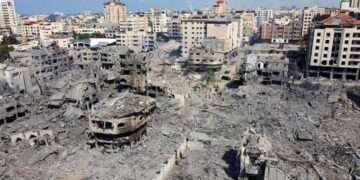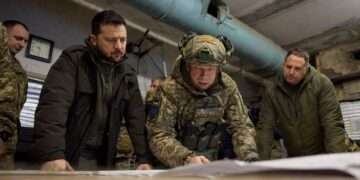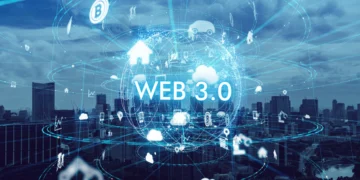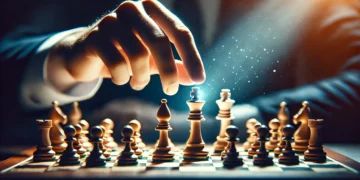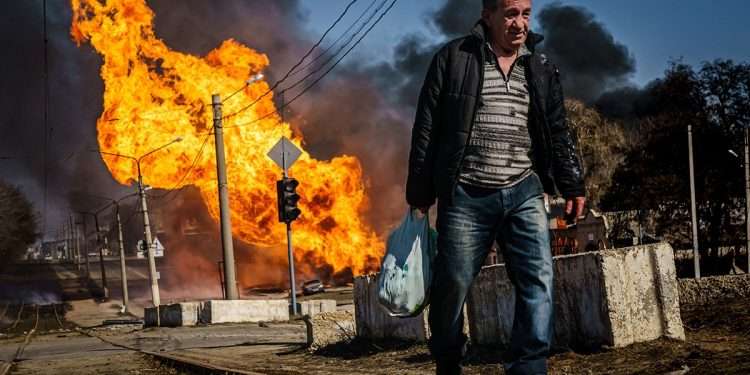Going into its second year, the war in Ukraine has displaced millions and claimed thousands of lives. With no end in sight, the conflict is having a ripple effect on politics and economies around the world. For example, we’ve seen rising prices for commodities like wheat and corn. This is heavily influenced by disruptions in production from Ukrainian farms. In addition, large protests all over the globe have been sparked by the war – from Asia to Africa.
Global relations are deteriorating because of this war. For example, Russia and the West are fighting again after a period of relative peace. The conflict has also made it harder for different countries to come together and solve other problems, like the Syrian conflict. If the war continues to escalate, NATO may become more directly involved. This would be a major shift in the geopolitical landscape, and it could have far-reaching consequences.
As the conflict drags on, a diverse range of participants emerges. It’s difficult to predict how it will develop or what the long-term consequences will be in this conflict. However, one thing is certain: as the fighting persists, we’ll probably witness even more political upheaval across the world.
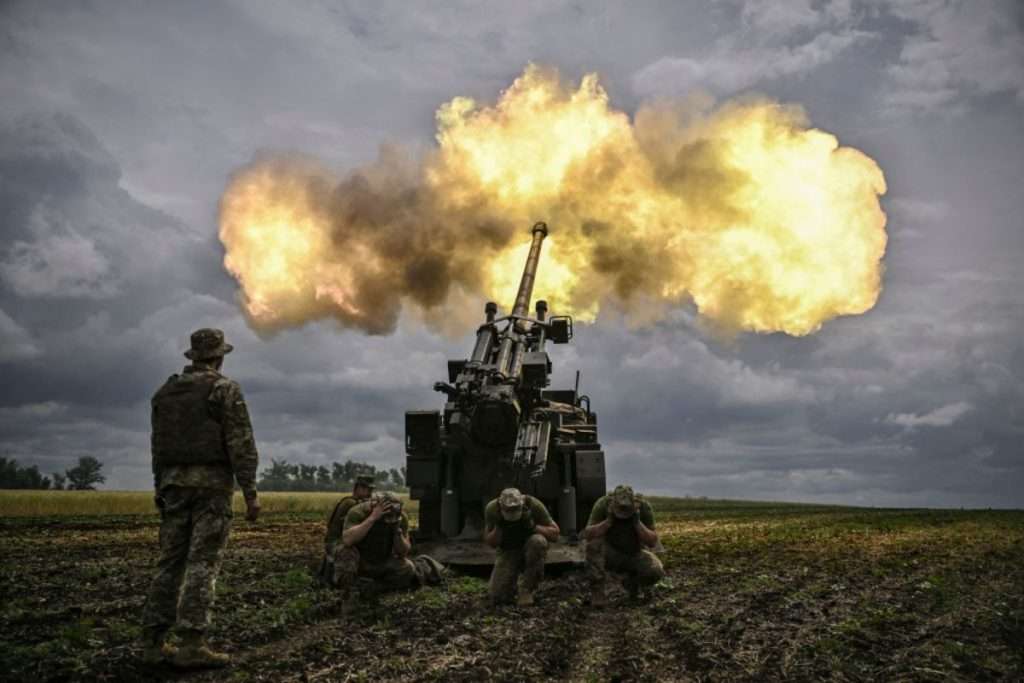
Let’s take a brief look at this conflict in nutshell:
1. Why is this war happening in 2022 in the first place?
This war didn’t happen overnight, and it’s not as simple as one country attacking another. It’s a conflict rooted in history, politics, and the will of the people. Russia wants to maintain control over Ukraine and keep it from becoming too aligned with Europe. Meanwhile, there is internal strife within Ukraine as different factions battle for power. This war is a complicated mix of international interests and domestic struggles, all coming to a tipping point in 2022. Understanding the complexity of these factors is important in order to find a peaceful resolution to the conflict.
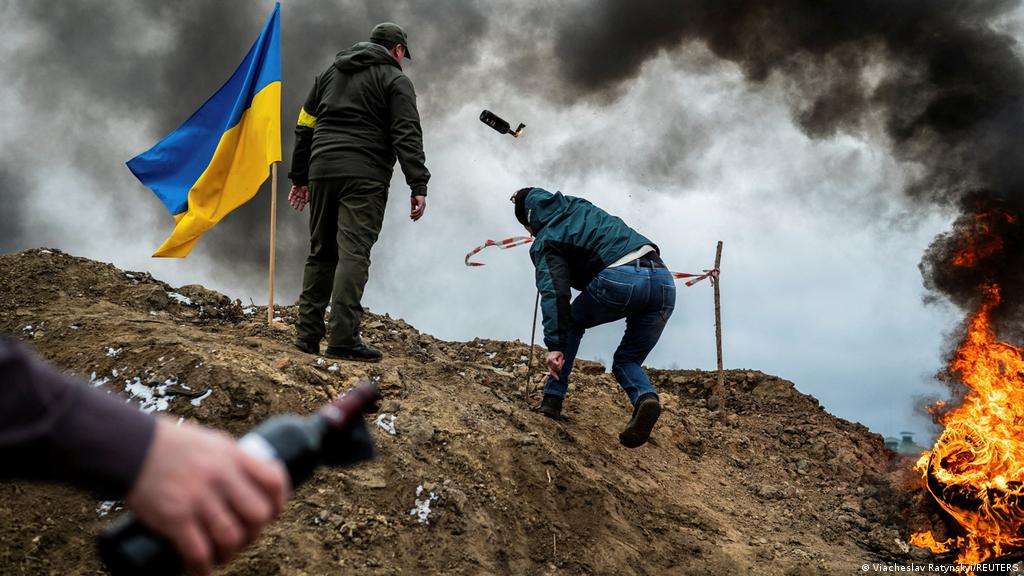
2. The effects of the war in Ukraine on politics around the world
This conflict has already had a significant impact on politics around the world. For example, the conflict has contributed to the rise of right-wing nationalist parties in Europe, as people are looking for an alternative to the status quo. Furthermore, the war has encouraged increased monitoring of Russia. As matter of fact, some nations (such as the United States) are accusing Russia of committing atrocities during this war. So far, there has been a lot of change as a result of all this, but it’s still too early to tell what kind of long-term effects this war will have. In other parts of the world, the rising prices of food and fuel, caused by the war, have led to protests and riots. The conflict has also displaced millions of people, creating a humanitarian crisis.
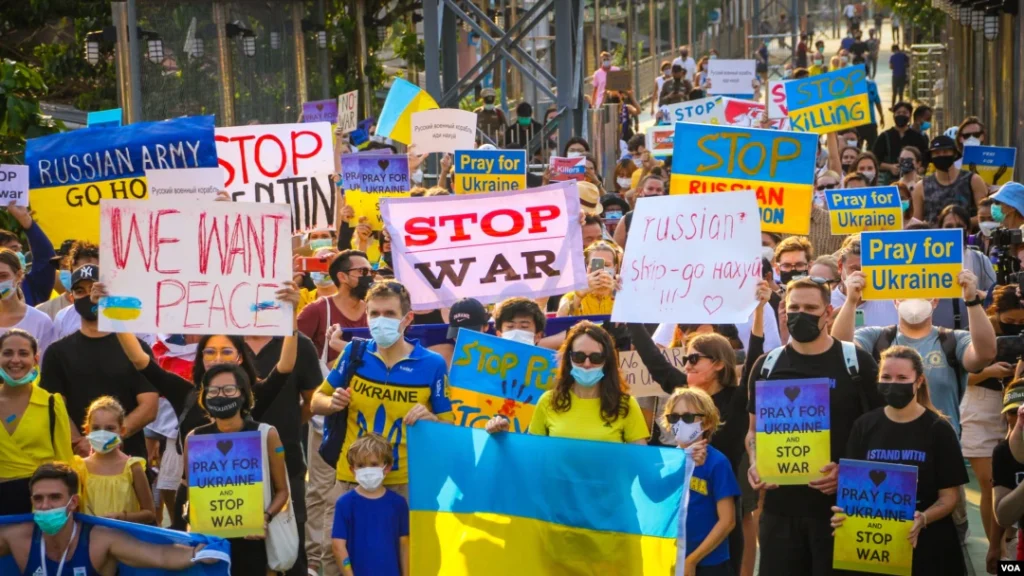
As the war in Ukraine continues, it’s likely that we’ll see even more political upheaval around the world. This might result in unexpected political changes around the world that would definitely destabilize the current world order. In research and science, this war might cause development setbacks regarding joint research on space and climate responses. In many sectors of our lives, it is true that this war will have a ripple effect.
3. What this means for the future of global politics
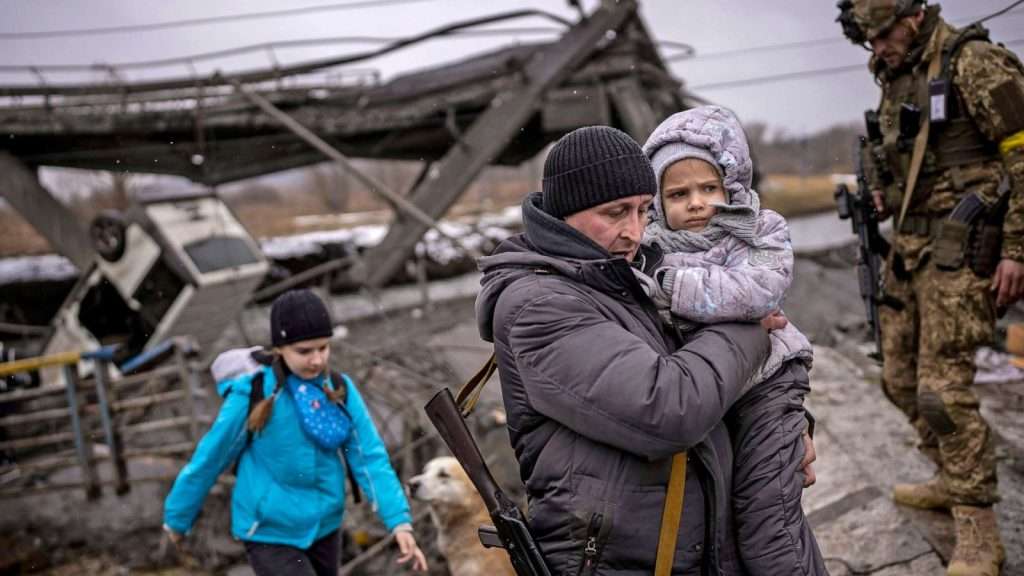
The current events in Ukraine have not only revealed Russia’s ambitious and unilateral actions on the global political stage, but they have also raised important questions about the future of international relations. Will this escalation lead to a return to Cold War tensions, or will countries find a way to peacefully coexist and cooperate? One thing is certain: NATO nations and Russia need to find a common ground to maintain the world and stability. However, it is also important to consider the possibility of a powerful alliance between Russia and China. Their alliance can pose a significant threat to US hegemony and the world order in general.
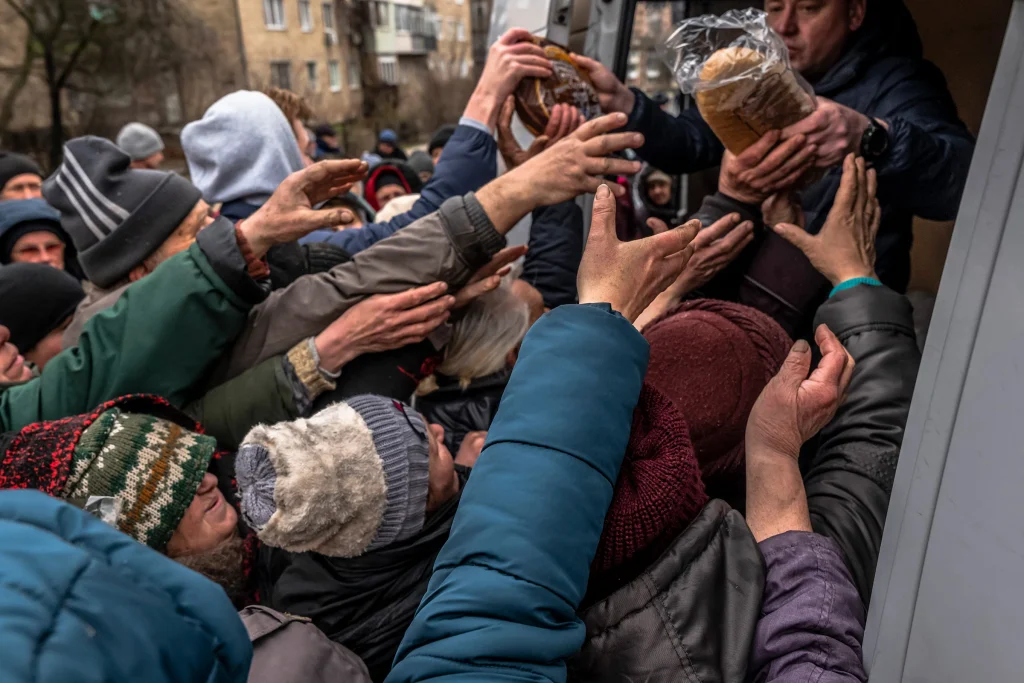
The consequences of these shifts in global politics are unpredictable, but it is crucial that we remain vigilant and educated about current events in order to prepare for whatever may come. Economically, this war will change the supply chain of natural gas to Europe as Russia seeks to consolidate its power in the region. This event has also put a spotlight on the refugee crisis in Europe, which is only likely to worsen as the conflict drags on. All of these factors combined make it clear that the war in Ukraine has the potential to cause significant political change around the world. We all hope that no country uses nuclear weapons in this conflict. It remains to be seen what exactly that change will entail, but it is definitely something to watch closely.
Read also some of our best articles:
African Buffaloes: How They protect Themselves from Lions





